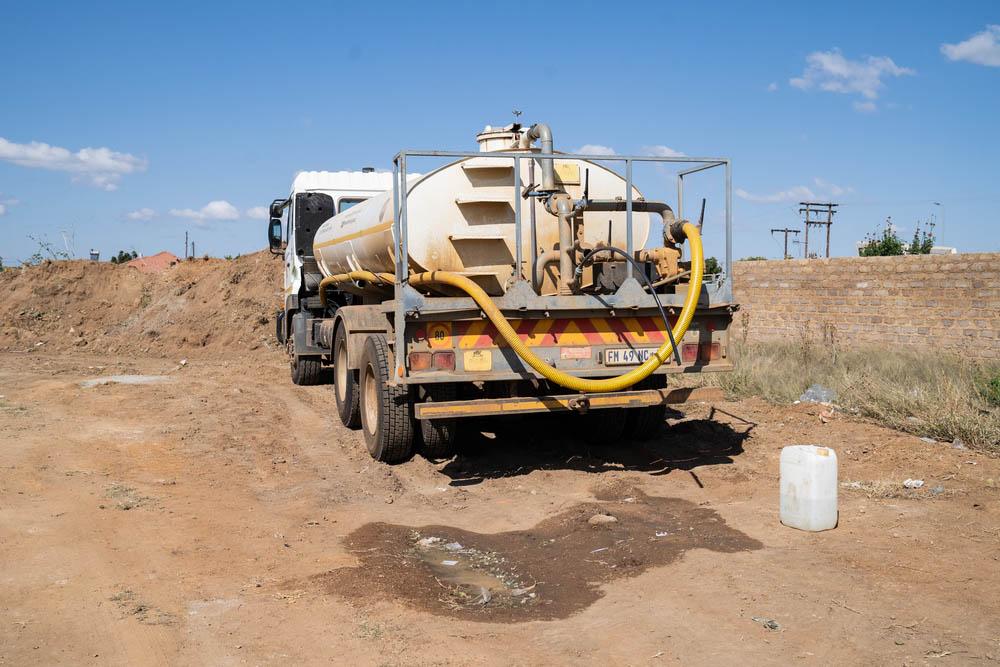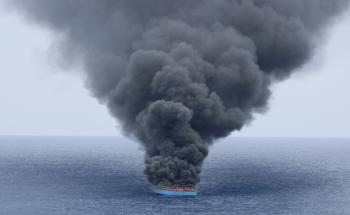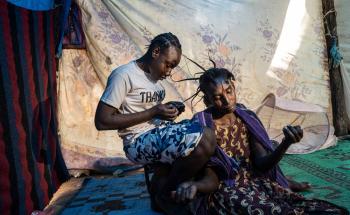In mid-May this year, Hammanskraal in South Africa’s Gauteng Province became the epicentre of the second biggest cholera outbreak in the country this century, resulting in approximately 900 cases and 34 deaths.
Cholera is not endemic to South Africa, but according to Doctors Without Borders/ MSF water, sanitation and hygiene expert Danish Malik, climate change and other pressures are driving increased human mobility, “with the result that the frequency and scale of cholera outbreaks is rising.”
“Outbreaks are occurring in places that rarely experienced them before, with impacts that are often more severe than they should be,” he said, and added that partnership with organisations with experience in the control of cholera “can help to save lives in an outbreak, and build the capacity that is needed to respond effectively to future outbreaks.”
Institutions are not jacks of all trades – if other organisations have the expertise and the willingness to help, let them help, and this is what happened in response to South Africa’s recent cholera outbreak.Tsakani Furumele, Director for Communicable Diseases, National Department of Health
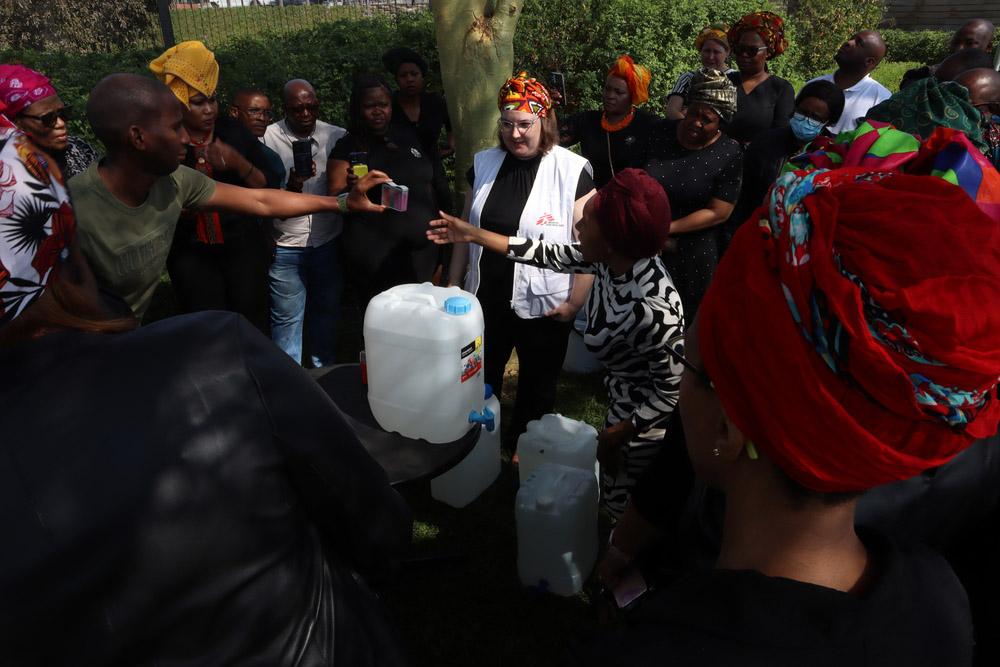
In August 2023, MSF teamed up with the National Department of Health (NDoH), the World Health Organization (WHO) and the United Nations Children's Fund (UNICEF) to deliver cholera readiness trainings for government teams from all nine provinces.
“Nobody owns an outbreak,” said Tsakani Furumele, Director for Communicable Diseases in the NDoH.
“Institutions are not jacks of all trades – if other organisations have the expertise and the willingness to help, let them help, and this is what happened in response to South Africa’s recent cholera outbreak,” she said.
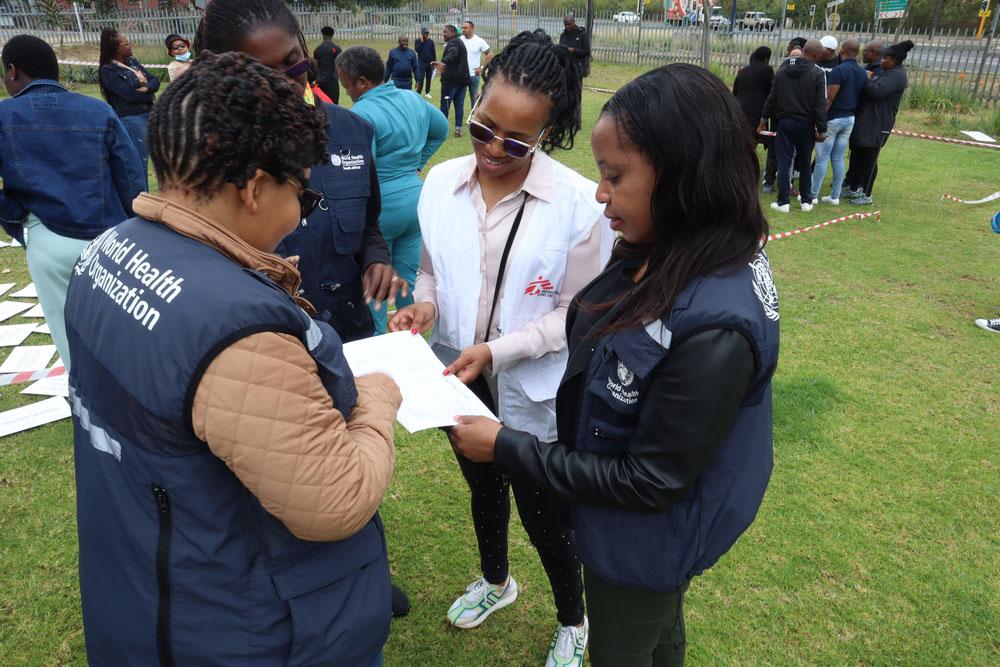
According to the WHO’s Sally-Ann Ohene, the Incidents Manager for the Cholera Outbreak Response in South Africa, “the cholera readiness trainings will help to mitigate the risk of cholera outbreaks in South Africa.”
“Instead of spending all day viewing power point presentations the provincial teams were outside doing simulations, learning how to chlorinate water and set up cholera treatment units. They had fun, and we expect they will return to their provinces and cascade their learnings to others,” said Ohene.
The WHO, MSF and UNICEF first worked together during the Hammanskraal outbreak, providing technical and material support, and as case numbers dwindled, MSF reviewed the response with its partners and was subsequently asked to assist with the updating of the national cholera guidelines and the roll-out of cholera readiness trainings.
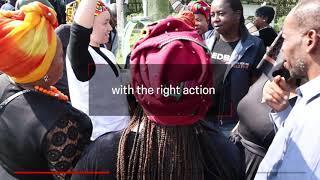
Cholera readiness in South Africa
“I think it has been a positive demonstration of organizations and government working together for a common good,” said Malik, who added that much remains to be done to lower South Africa’s cholera risk profile.
“Cholera typically comes from outside South Africa but for cholera to begin spreading here the environment has to be conducive, and such conditions are increasingly present in South Africa’s towns and cities, where under-serviced settlements are proliferating, and at the same time failing water infrastructure is causing the pollution of nearby water sources,” he said.
No new cholera cases have been confirmed in South Africa since 20 June. The last of the cholera readiness trainings, for teams from the Eastern Cape, Western Cape, and Northern Cape concluded on 24 August.
